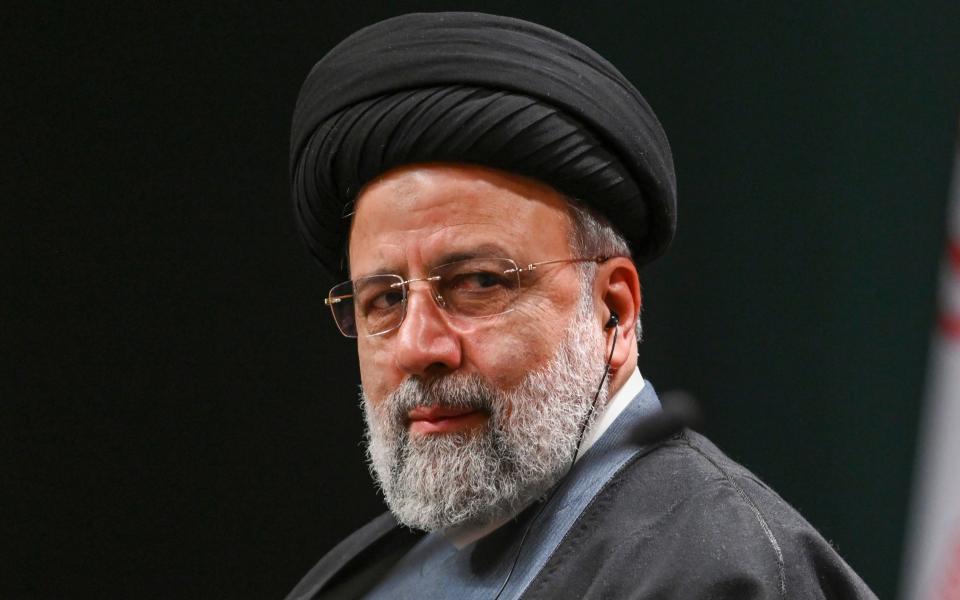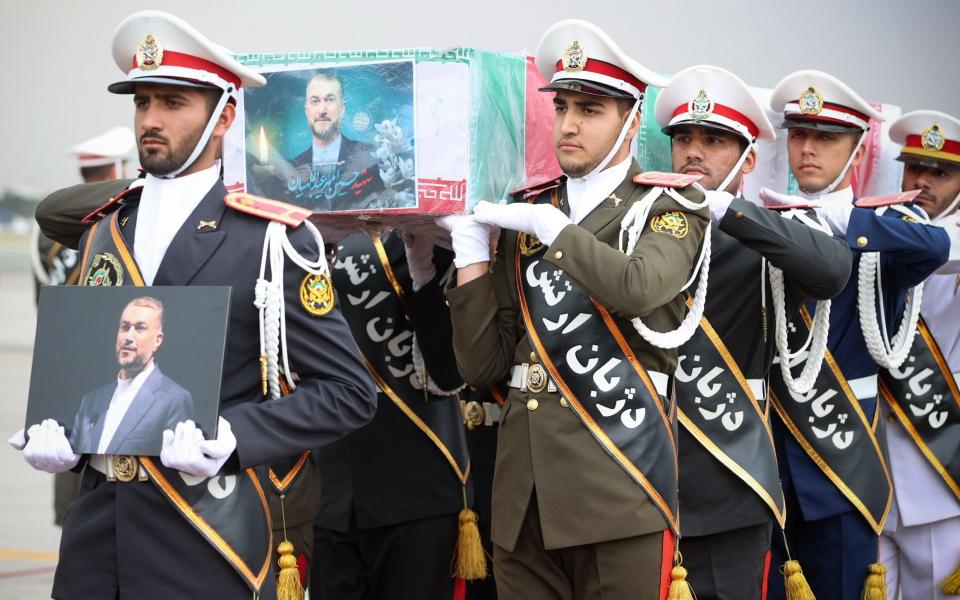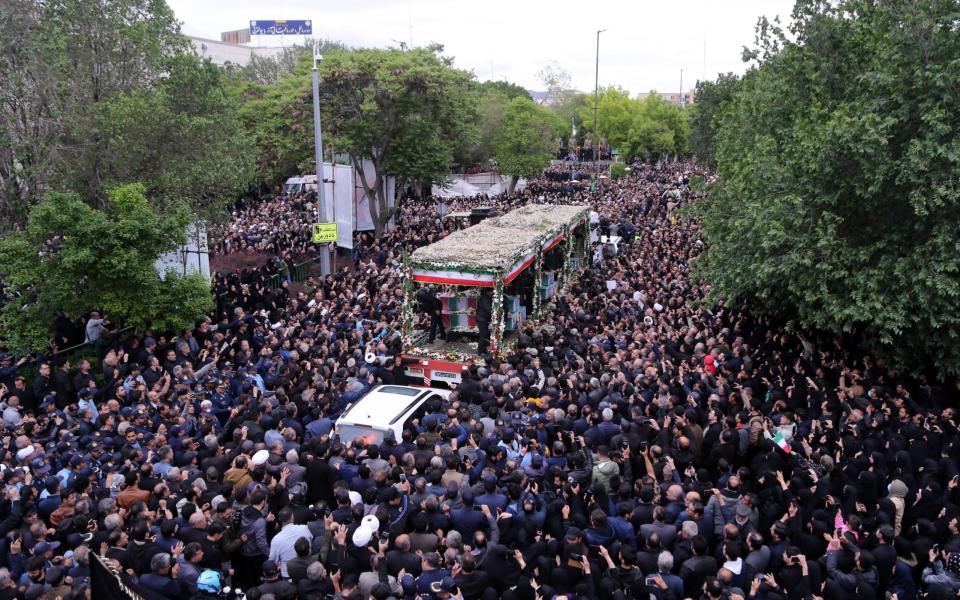BBC criticised for ‘absurd’ obituary of ‘Butcher of Tehran’ Raisi

The BBC is facing criticism for saying Ebrahim Raisi, Iran’s hardline president who died in a helicopter crash, left a “mixed legacy”.
An obituary published by the broadcaster described the former leader, who was confirmed dead on Monday, as a figure “loved by hardliners of the Islamic Republic of Iran”.
“President Ebrahim Raisi’s mixed legacy in Iran,” the BBC’s World Service’s social media post promoting the article read.

Raisi earned a fearsome reputation as the “Butcher of Tehran” for his role on the so-called “death committee”, which ordered the execution of thousands of political opponents of the Islamic Republic’s regime, in the 1980s.
He was subsequently elected president in 2021 in a vote considered by many as rigged because moderates and reformists had been barred from taking part.
The BBC described him as “the president of the unprivileged and poor”, citing depictions by Iranian state media.
Security minister Tom Tugendhat said the piece was “absurd”.
The senior Conservative MP had earlier criticised Charles Michel, the European Council’s president, for offering Iran the EU’s “sincere condolences”.
”I will not mourn him [Raisi],” Mr Tugendhat wrote on X, formerly Twitter.

Gabriel Noronha, the US state department’s former Iran adviser, said the BBC should receive the “worst obituary award for noting Raisi’s leadership to ‘reform in processing a backlog of court cases’”.
“Since 2021, when Raisi took office, the regime executed 1,844 Iranians, including huge numbers of dissidents and religious minorities, most in sham trials,” he added.
The satirical Sunday Sport newspaper joked that the BBC would likely describe Adolf Hitler as an “often-controversial German statesman” in modern-day reporting of the Nazi leader’s death.

X users also left community-generated notes on the BBC’s social media post highlighting Raisi’s role in the “mass murder and brutal torture of political dissidents”.
The BBC’s coverage of Raisi’s death also included his role in enforcing Iran’s strict rules requiring women to cover their hair with a hijab or headscarf, as well as the brutal crackdown on demonstrations against the policy after 22-year-old Mahsa Amini died in the custody of the “morality police”.

 Yahoo Sport
Yahoo Sport 






































